The Android world moves fast, but this week's news feels like a reality check wrapped in shiny marketing promises. While Samsung just unveiled its Galaxy Z Fold 7 with a drastically thinner design and $2,000 price tag, and Google prepares to announce the Pixel 10 in late August, the real story might be what's happening behind the scenes. Reports are flooding in about Galaxy Z Fold 7 demo units refusing to open fully in stores, while Fitbit users are discovering their premium trackers have turned into expensive bricks thanks to ongoing sync issues. It's a pattern that raises uncomfortable questions about whether cutting-edge hardware can deliver on long-term reliability.
The Galaxy Z Fold 7's promising start hits a familiar snag
Samsung's latest foldable brings genuinely impressive improvements—at 8.9mm thick when closed, it's now one of the thinnest foldables on the market, weighing just 215g to claim the title as the world's lightest book-style folding phone. The company finally addressed user complaints with a better 200MP camera, up to 16GB of RAM, and Qualcomm's Snapdragon 8 Elite chip powering the whole experience.
But here's the kicker: multiple users are reporting that demo models in stores won't fully open. While these demo units endure far more stress than personal devices, it's an uncomfortable echo of the Galaxy Z Fold 4's widespread issues, where the screen wouldn't open fully due to glue holding hinge brushes wearing away over time.
What makes this particularly concerning is the financial reality of foldable ownership. With Samsung's Care+ insurance costing $396 over three years and screen replacements potentially hitting $499 outside warranty coverage, each hinge hiccup carries serious cost implications. Samsung's newer design ditches those problematic brushes, and the company claims the Flex hinge can handle over 200,000 folding cycles—but early demo unit failures make consumers wonder if theoretical durability translates to real-world reliability.
Google's Pixel 10 announcement looms with modest ambitions
The Pixel 10's expected August 20 launch promises incremental improvements rather than revolutionary changes. The Pixel 10 Pro Fold will reportedly feature a slightly larger cover display (6.4 inches vs. 6.3 inches), Google's new Tensor G5 chip, and potentially the first foldable with IP68 water resistance—a genuinely useful upgrade that prioritizes reliability over flashy features.
What's telling is how Android Authority describes Google's approach: "If Google's only folding phone of 2025 is one with year-old hardware and slightly improved specs, that's simply not enough." Yet this conservative strategy might actually serve users better than Samsung's aggressive innovations, especially given foldables' track record with durability challenges.
Google's Tensor G5 built on TSMC's 3nm process should deliver 30% faster boot times and better AI processing, while battery capacity hovers around the same 5,000mAh range. The rumored $1,599 price point—$200 less than the current model—suggests Google understands that consumers need compelling value when gambling on foldable technology reliability.
Fitbit's ongoing meltdown reveals Google's hardware commitment problem
While we're talking about Google hardware, the Fitbit disaster provides stark insight into what happens when Google loses interest in a product line. Users report their Fitbit Charge 6 devices are completely unusable, failing to sync despite showing as "Connected" via Bluetooth, then stalling on setup with generic error messages.
One frustrated user spent over an hour on a support call, had their case escalated to Tier 3, and still ended up with "a tracker that is fully unusable" while paying for a Premium subscription they can't access. The device becomes "effectively a brick," with no way to retrieve previously collected health data—a serious concern when tracking vital metrics over time.
This reflects Google's systematic dismantling of Fitbit since the 2021 acquisition: the company shut down the web dashboard in July 2024, killed social features in 2023, and forced migrations to Google accounts in 2022. Over 1,500 mostly negative replies flooded Fitbit's forums about these changes, yet Google has remained largely silent about user complaints.
What this pattern reveals is deeply unsettling for potential Pixel 10 buyers: when Google decides to pivot priorities or focus on newer products, existing customers get left behind with expensive devices that lose core functionality through software neglect.
What this means for Android's foldable future
The contrast between Samsung's hardware ambitions and execution challenges, Google's incremental updates, and the Fitbit situation reveals a fundamental tension in Android's premium device ecosystem. Samsung continues pushing boundaries with thinner, lighter foldables, but early reports of demo unit failures suggest durability remains an unsolved challenge rather than ancient history.
Google's conservative Pixel 10 approach suddenly looks strategic rather than disappointing. 9to5Google notes the Galaxy Z Fold 7 represents "refinement" while the Pixel 9 Pro Fold was a "complete reinvention." When dealing with complex mechanical systems that need reliable daily operation over multiple years, refinement might matter more than revolution.
The insurance costs tell the real story about manufacturer confidence. Samsung's Care+ pricing effectively admits these devices carry higher failure risks than traditional smartphones—you're not just buying a phone, you're buying into an ongoing relationship with warranty services and replacement logistics. That's a significant mindset shift for consumers accustomed to phones that just work for years without intervention.
The bigger picture: reliability over revolutionary features
Here's what we're watching as peak Android announcement season approaches: whether manufacturers prioritize proven engineering over headline-grabbing specifications. Samsung's demo unit problems and Google's Fitbit neglect both stem from complex systems that perform beautifully in controlled environments but struggle with real-world usage patterns over extended periods.
Android 16's early release emphasizes practical improvements like Advanced Protection against malware and better notification bundling, showing Google's software team increasingly focuses on refinement over revolution. The platform has matured to the point where reliability enhancements often matter more than new capabilities—a lesson hardware teams should embrace.
The most encouraging signals from both companies involve practical durability features: the Pixel 10's rumored IP68 rating for foldables and Samsung's improved hinge testing methodology suggest manufacturers finally understand user priorities. The question remains whether they can execute on these promises before consumer patience—and trust in premium Android hardware—erodes completely.
PRO TIP: Before committing to any foldable, factor insurance costs and replacement logistics into your total ownership budget. The real price isn't just the retail cost—it's the long-term relationship with customer service you're signing up for.




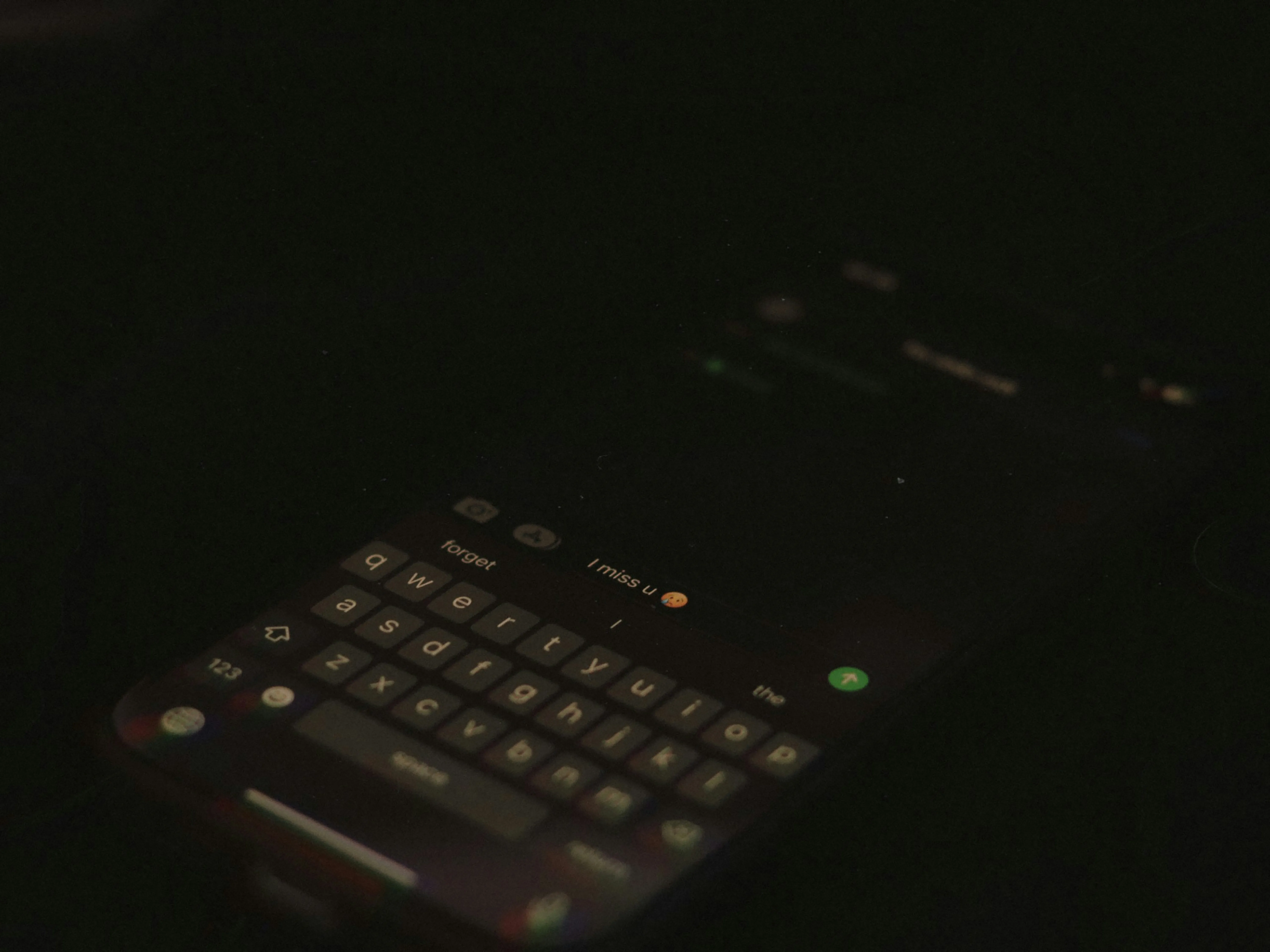


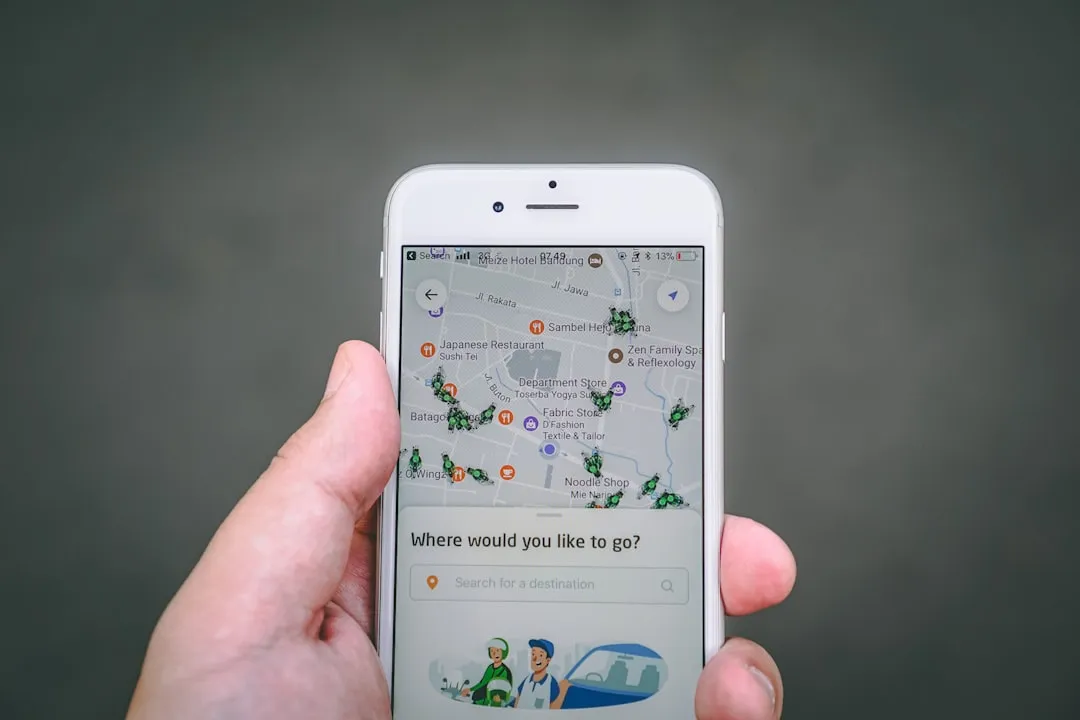



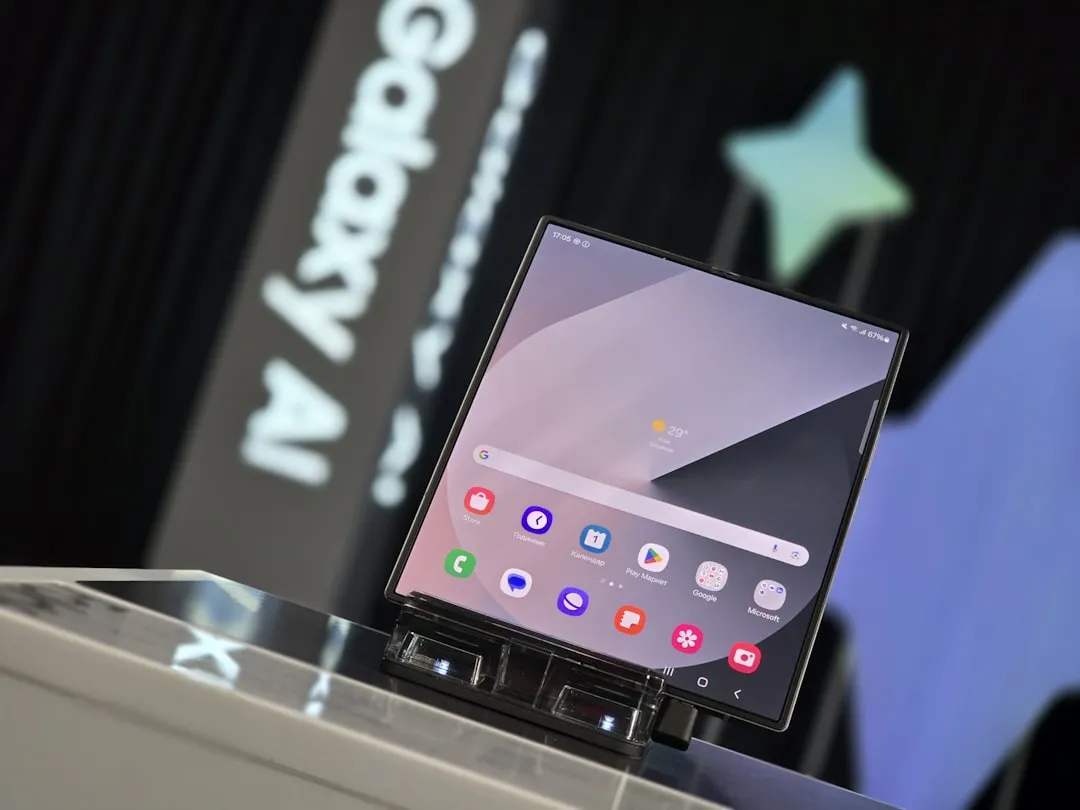



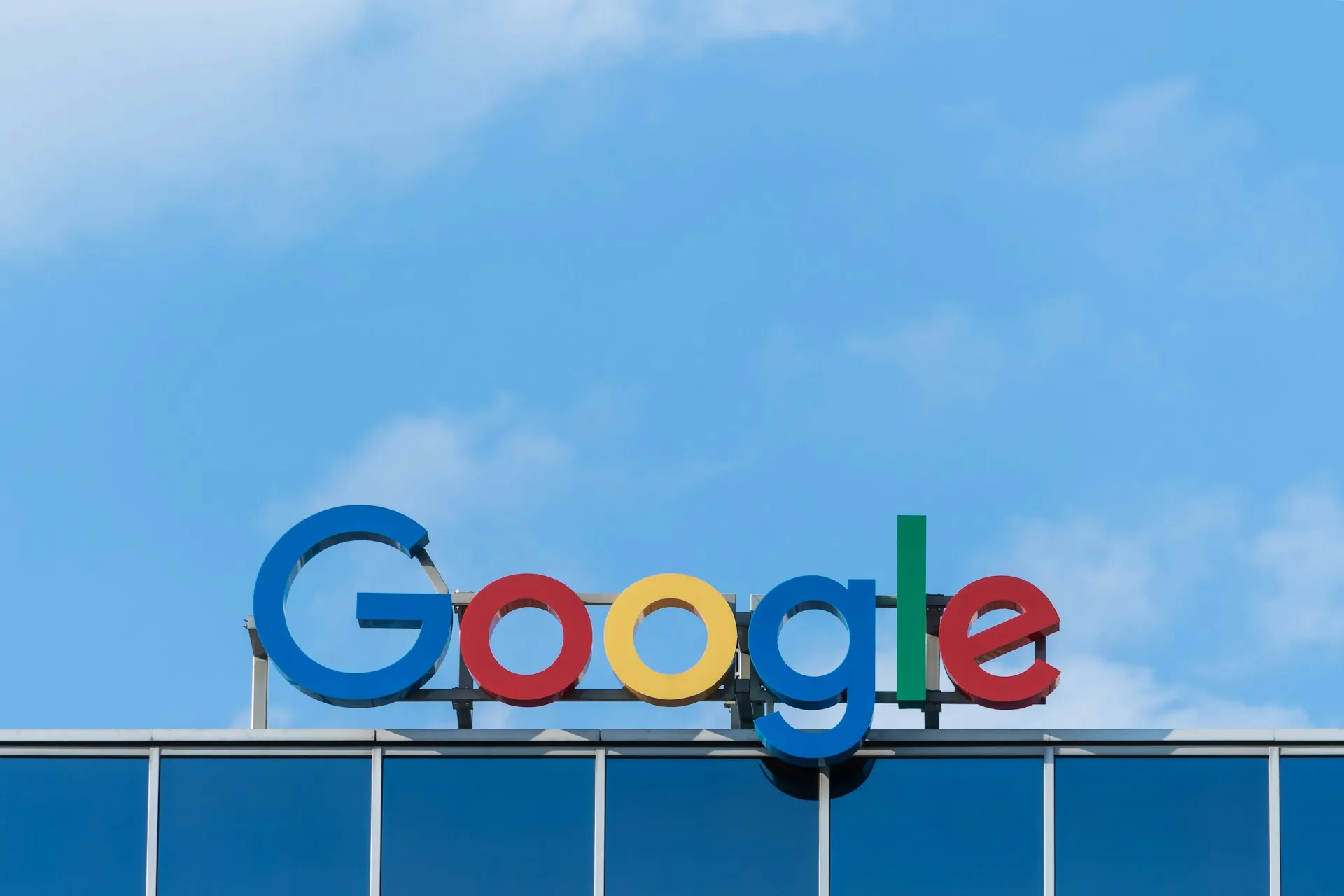
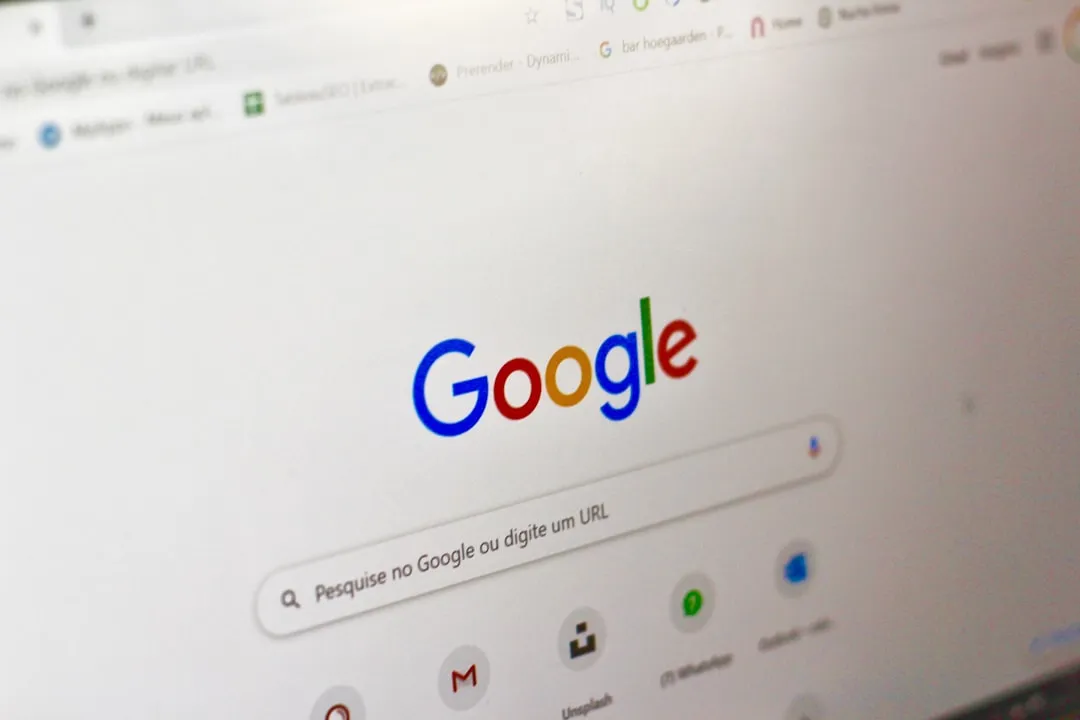



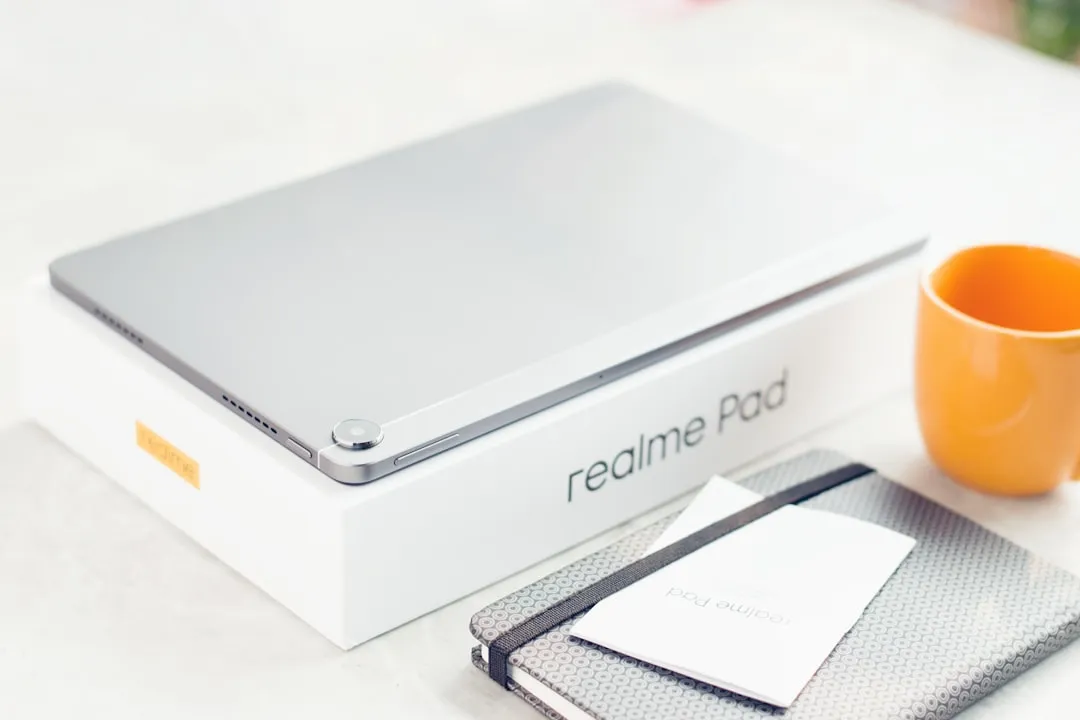


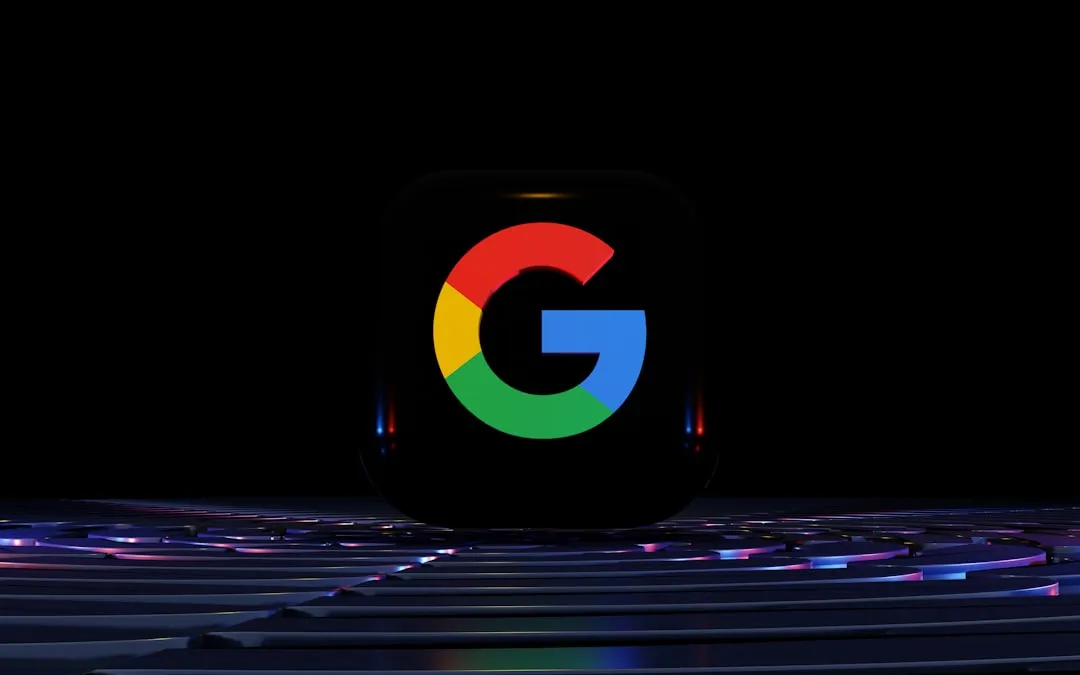
Comments
Be the first, drop a comment!